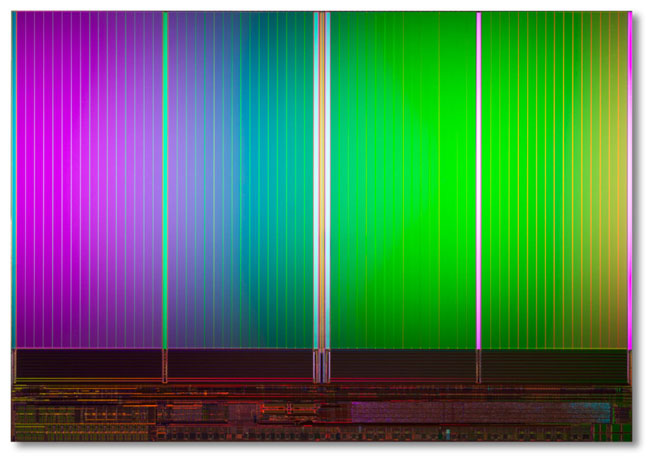
What the industry needs is more NAND production, not less, and it appears that this might not be happening anytime soon. Toshiba is getting ready to sell off part of its own NAND flash production capacity in an effort to generate some cash, as Anandtech reports, and that could cause further consolidation of the industry that likely wouldn’t help with lowering prices.
Toshiba is the second-largest NAND flash memory producer behind Samsung, and it’s the only manufacturer that owns everything it needs to make a complete line of storage devices from SSDs to HDDs. Western Digital is the only other company that enjoys such a broad capability, and so it’s a likely suitor. Samsung, for example, can make SSDs by itself, but it can’t make HDDs, and Seagate can make HDDs but not SSDs.
While it’s uncertain what the ultimate impact will be on the availability of NAND flash modules and thus the supply of SSDs — that depends on who purchases the estimated 20 percent equity stake in Toshiba’s NAND business — but it’s unlikely to portend an increase in capacity industrywide. Already, Toshiba and Western Digital are co-operators the world’s largest NAND flash production facilities, and so whether or not that joint venture continues will depend on the buyer.
Toshiba is suffering from a number of challenges in maintaining overall profitability, from recent accounting scandals to other unprofitable divisions that are impacting the company’s bottom line. This move is an effort to stem the bleeding, and it could very well result in SSD and other flash product markets that put even more of a squeeze on supply — with the natural result being continuing price increases.


